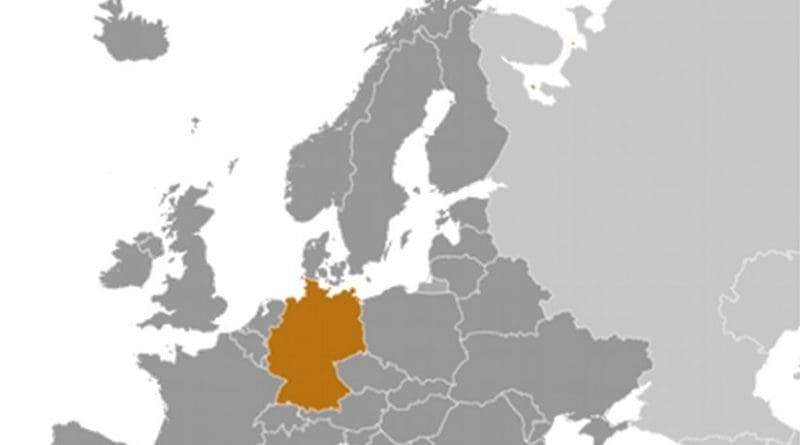Germany Shocked By Extreme Right – OpEd
By JTW
By Fatma Yilmaz Elmas
Recent revelations about a terrorist organization known as the National Socialist Underground have come as a shock to Germany. The collapse of a neo-Nazi organization that between 2000 and 2006 killed nine foreign shopkeepers (one of them Turkish) and a German policeman, or the self-destruction of this organization though various incidents, suicides and confessions, have alarmed German public opinion and the world of politics. The fact that false passports were discovered in the building which housed the cell has sparked speculation that the organization might have links with Germany’s internal intelligence service and raised questions about whether German officialdom closed its eyes to the extreme right-wing group. Most importantly, it has reopened debate on the reasons why consciousness of the threat from the far right has for years been at a far lower than desired level not just in Germany, but in Europe as a whole and what the consequences of this are.
Merkel’s belated confession: a disgrace for Germany
German politicians unanimously agree that the country faces a well-organized and systematic far-right terrorist movement and Angela Merkel, the country’s prime minister, has made statements which seem to admit that there is evidence which might show that the organization has connections with units of German intelligence. Speaking at a party meeting after the news had become public, Merkel stated that it was a source of great shame and a disgrace for Germany.
Mrs. Merkel has also made other statements which require attention. She said that the killings exposed the existence of a previously unknown organization and showed that it was necessary to be cautious about radical organizations of every kind. It is quite normal for Mrs. Merkel to describe the far-right goup as a previously unknown structure, but it was also a phenomenon about which the alarm bells are ringing, in addition to the radicalized far right, not just in Germany but in most of Europe. But this phenomenon is not something that has only been recently encountered. On the contrary, German officialdom has been ignoring the flames enveloping Turks in their country ever since the early 1990s.
Tradition of ignoring racist connections
Turkish districts in Germany have been plagued for years with unexplained troubles. There was for instance the chain of fire attacks beginning in Solingen in 1993 and continued with the Ludwigshafen fire in 2005. Contrary to what was widely believed in Turkish districts, Germany’s police and officials tried to distance themselves from suggestions that a kind of a racist link was involved. The tradition has carried on with recent murders of mostly small businessmen since 2000, which became known as the kebab shop murders, as well as with a refusal to investigate racist aspects and instead place blame on serial killers or even the Turkish mafia.
Die Welt reporting the news, correctly observed that one of the reasons why no general awareness of the racist attacks had come into being was that official circles had focused on Islamic terrorist groups and had become obsessed with them. The conclusion is not just valid for Germany, it could apply to the whole of Europe. For instance in Norway, the killings carried out by the extreme rightist Anders Behring Breivik, the bloodiest event in the country’s history, were initially branded Islamic terrorism because of this.
Fed up with extreme right-wing philosophy
Another important reason why awareness of the far right has been retarded is that pretty much the whole of Europe is fed up with far-right ideology, particularly in politics. Far-right wing discourse is not just limited to the political spectrum. The socio-economic problems of European countries are the top factors turning opinion against migrants and foreigners. It is hard to claim that a German prime minister who says multiculturalism is dead should be considered part of the political center.
It is equally difficult to claim that awareness of this philosophy, which Europe uses as a tool for its political purposes when appropriate, has reached the level it ought to have, or to claim that when the number of such recent events recedes, it will stay at that level. For this reason, when talking about the events in Norway, Britain, and Germany which have shaken Europe, there is only one way to turn them to the advantage of Europe and European integration: that is to realize that the rise of the far right is a blow struck against European values and institutions, and maintain this awareness at the highest possible level, especially by beginning with a political plan.
Fatma Yilmaz Elmas
USAK Center for EU Studies

